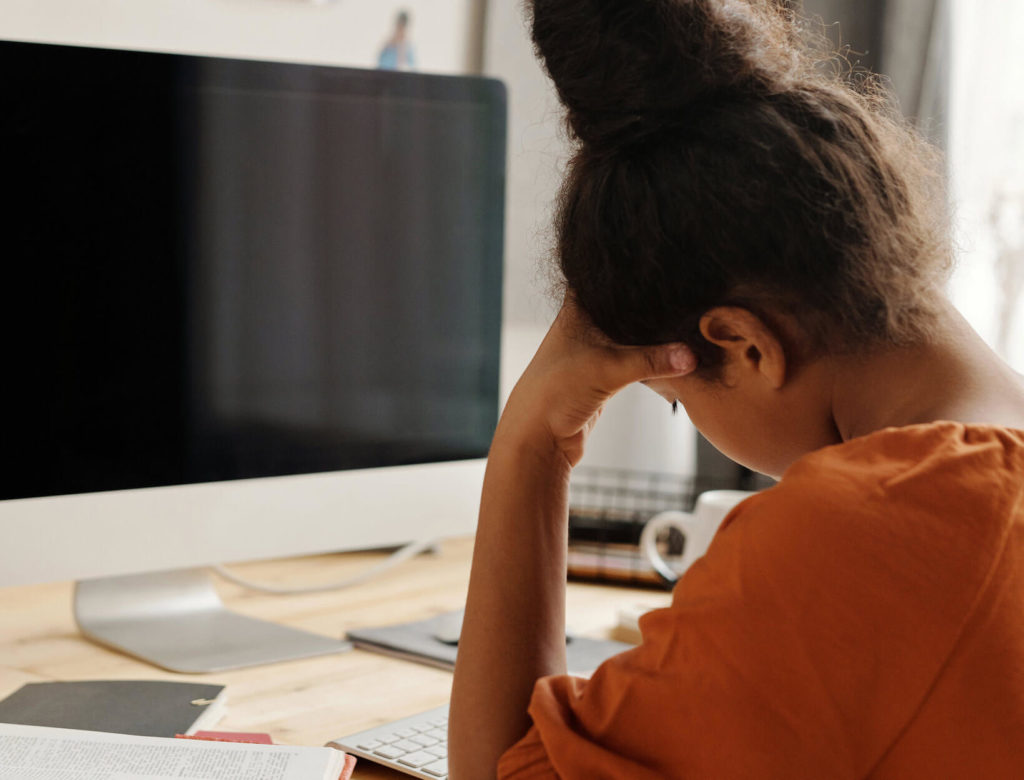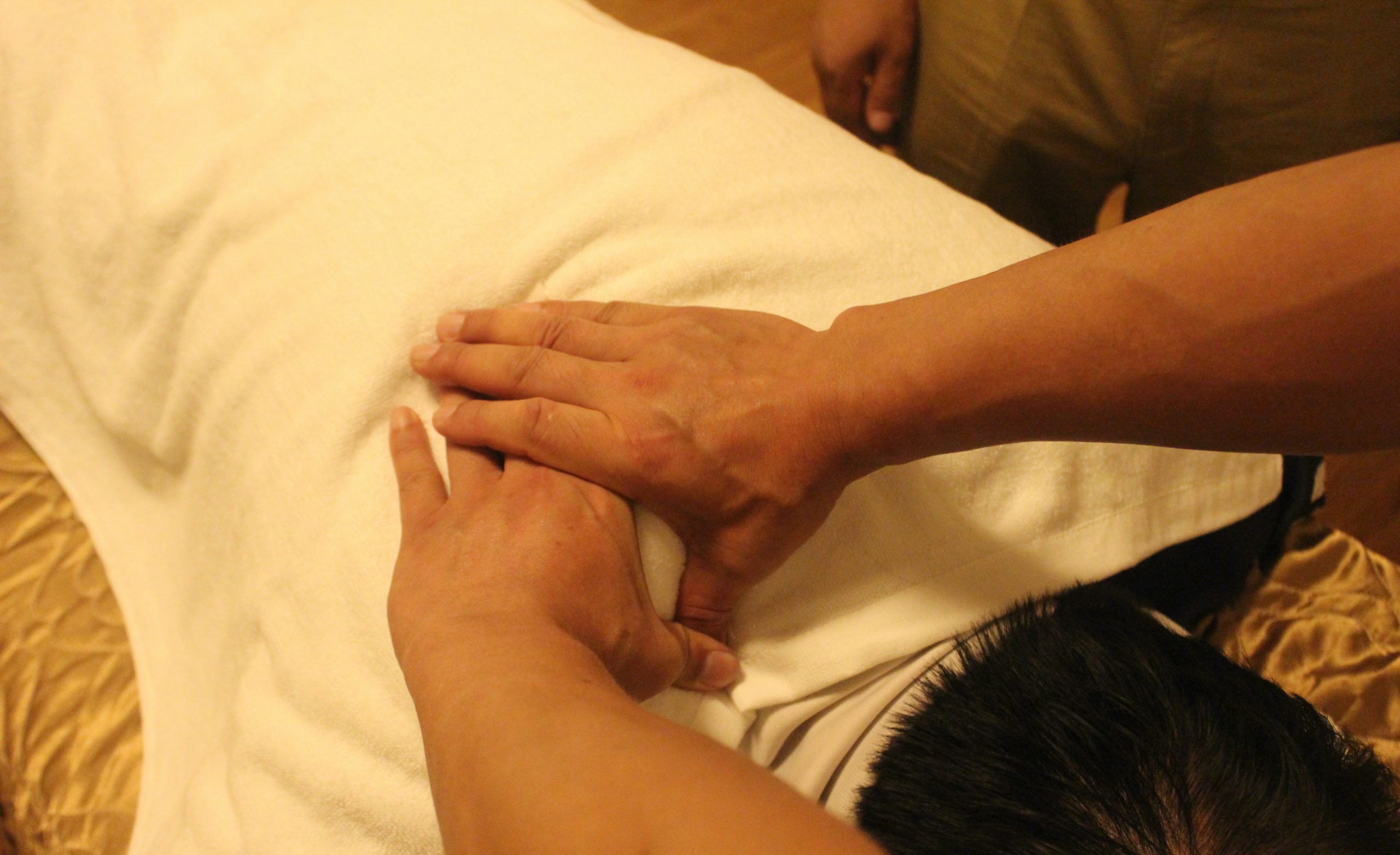As a method of treating people in traditional Chinese medicine, Tui Na massage usually refers to the use of therapists’ own hands on the injured parts and specific acupoints of the patient. Tui Na also refers to the use of massage, nipping, pressing, rubbing, kneading, pinching, tapping and patting, etc. The methods of physiology lead the curative effect of dredging the meridians, promoting Qi and blood circulation. Tui Na dispels evils and strengthens the body and reconciles Yin and Yang. Tui Na massage therapy is highly praised by people because of its wide indications, remarkable curative effect, high comfort, safety and simplicity. It has become a good helper for human health and wellness.
The Treatment Principle of Tui Na Massage
In order to achieve the ideal disease prevention and treatment effect, in addition to certain massage skills, treatment should be performed according to the person and disease. The practitioners should pay attention to the contraindications and indications. The treatment principle of Chinese medicine emphasises “three factors in response to conditions”, that is, “depending on time, place, and person.”

Tui Na massage belongs to the category of external treatment of Chinese medicine, with special emphasis on “adjusting to individual conditions”. It can be said that the physical difference, mental state, and disease type of the subjects determine the massage method, intensity, and operation time of the operator. Tui Na massage is not suitable for the following six situations:
1. When one is too full, too hungry, too tired or long-term poor sleep.
Overeating will increase the blood supply of the gastrointestinal tract. At this time, massage will cause a large amount of blood concentrated on the body surface, leading to insufficient gastrointestinal blood supply and causing indigestion and other symptoms. It is recommended to massage at least one hour after a meal. If you are too hungry, tired, or have poor sleep quality, you may experience a “faint push” condition similar to needle fainting during the massage process due to low blood sugar and poor supply of Qi and blood throughout the body.

2. Dislocation, fracture, acute sprain period.
Dislocations, fractures, and when the bone structure is not in the physiological position, massage may aggravate the dislocation of the bones and joints. Tui Na at this time may even lead to damage of the peripheral nerves, blood vessels, and organs of the bone fractures, and aggravate the condition. In the acute stage of sprains, the surrounding soft tissues are in the state of edema, so massage at this time will aggravate the swelling and pain of the soft tissues.
3. Skin trauma.
In the case of skin inflammation, burns and trauma, etc., massage will aggravate the injury, worsen the inflammation, and may further cause cellulitis due to bacterial infection. In addition, if there are skin diseases such as herpes, massage may also expand the infected area. Therefore, massage is not recommended.
4. During menstrual period or pregnancy.
During women’s menstruation or pregnancy, it is generally not recommended to perform massage operations on the waist and pelvis, so as not to stimulate the uterus, affect the normal menstrual physiological process or affect the pregnant woman and the fetus.
5. After surgery.
In addition to the physical weakness of the postoperative subjects, their surgical wounds were not completely healed, and the whole-body blood was not enough to be mobilized by massage. At this time, adequate rest is better than massage.
6. Patients with chronic diseases, especially cancer patients.
Tui Na is not suitable for people with chronic diseases, such as cardiovascular and cerebrovascular diseases. The blood vessels may have atherosclerosis or calcification. Unprofessional Tui Na may cause hardened plaques to fall off. The blood enters the skull and blocks the intracranial blood vessels. Stroke or tumor patients are generally weak. The patient’s physical condition may not be able to bear the power of massage. Therefore, it is recommended to use acupuncture and moxibustion in combination with medication to improve weakness and Qi deficiency before trying auxiliary massage therapy.

Tui Na massage has a good health effect, but it is not recommended to do it every day. The classic Chinese medicine “Huangdi Neijing” states: “Yin and Yang are secreted, and the spirit is the cure.” The balance of Yin and Yang and the smooth flow of Qi and blood throughout the body are the best conditions for the human body. As the season changes, you can maintain it through massage. The intensity of massage is not like “the higher the better”.
Conclusion
Professional massage doctors must consider the mechanical and physiological characteristics of human soft tissues, so that after the manipulation is applied to the human body, a benign stimulus and induction can be formed, which can maximize the adjustment of the meridian and avoid obvious damage to human tissues. On the contrary, blindly strong force can cause malignant stimulation, which can easily cause tissue damage and pain.

